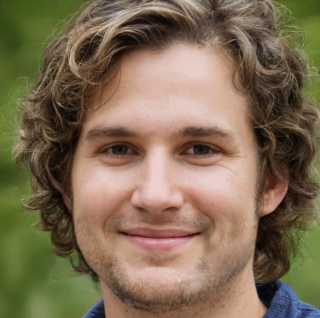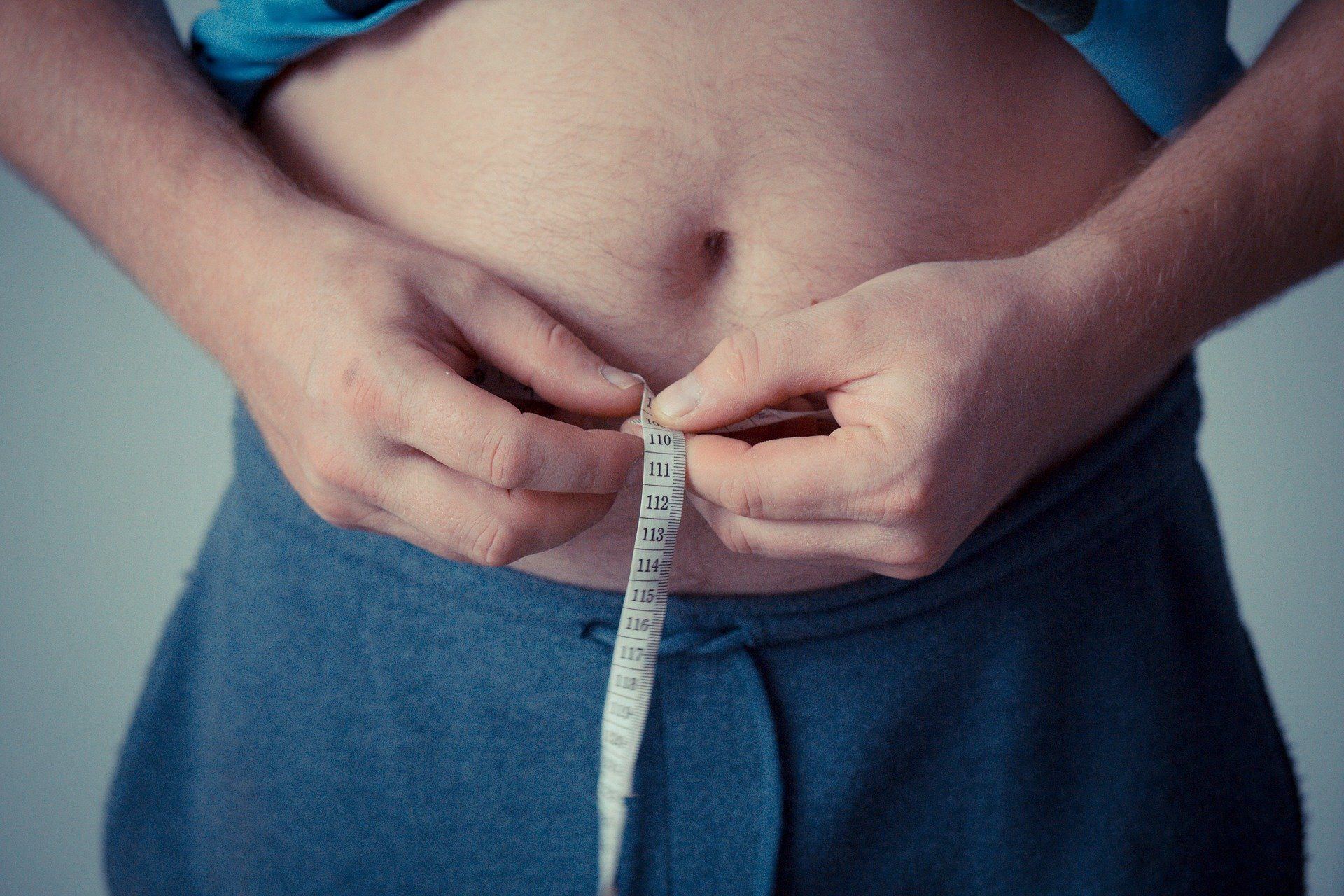Obesity is a prevalent problem in the aging population. From 2013 to 2020, the number of obese individuals aged 65 and older in the US has increased to almost 4%.
Many factors contribute to obesity. Understanding nutritional and social factors help determine suitable candidates for obesity treatments, such as bariatric surgery
As you age, muscle mass is likely reduced and fat constitutes most of your weight. As such, this slows down the burning of calories. Lower muscle mass results in a reduced metabolism.
Another factor is the decrease in energy expenditure. Studies show that how much you eat does not decline with advancing age. Thus, when you take in more calories than you can burn, weight gain occurs.
Hormonal changes that occur during aging may also cause the accumulation of fat. Aside from these, environmental factors like access to healthy food and safe places to exercise also come into play.
If left untreated, obesity impacts older adults’ quality of life, morbidity, and mortality. Obesity increases your risk of heart disease, impaired physical function, respiratory problems, as well as gallbladder disease, and cancer.
Here are some simple ways to maintain a healthy weight as an older adult.
Nine Tips To Fight Obesity In Older Adults
Set Specific Goals
It’s not enough to say you’re going to exercise. Goals are most effective when they are specific and measurable.
You could also break down bigger goals into smaller ones so that they are more attainable. Specific goal-setting keeps you mindful and committed.
For example, if you are new to exercise, try to add an hour of walking to your routine. To do this, you could start by setting a goal of 20 minutes of walking for one week.
As you gain strength, gradually increase your exercise time. Keep this up until you reach your ultimate goal of one whole hour of walking.

Photo by Alora Griffiths on Unsplash
Go for Strength Training
Strength training is one of the most powerful ways to fight the loss of muscle mass. Metabolism is faster when you have more muscle mass.
Strength training also decreases your risk of injury and improves coordination. It also raises energy levels and enhances balance.
You can start with very light weights and do short rounds of 5 to 10 repetitions. A personal trainer could also help monitor your progress.
Eat More Protein
Research studies show that protein requirements increase with age to gain and maintain muscle mass and function. Nutritionists suggest that anyone over 65 years old should consume enough protein. They suggest about 1g to 1.2g of protein/kg of body weight per day.
Your protein source doesn’t have to come entirely from meat. Foods like nuts, as well as eggs, and yogurt are rich sources of protein.
Keep Your Metabolism Stable With Proper Diets
With so many diets popping up, it is easy to fall into the trap of fad diets. The trouble with such diets is that they are not sustainable and sensible. They might mess up your metabolism even more.
The most important thing to remember with meal planning is that you need to limit carbohydrate intake. Avoid foods high in added sugars and empty calories, like sweetened beverages, cakes, and sugary cereals.
Instead, focus on eating more produce and whole foods.
Drink More Water
Many studies have proven that water is a valuable tool in weight loss and management. Before eating, drink water to reduce your appetite and, consequently, your weight.
For seniors struggling with obesity, experts advise drinking one to two liters of water per day.
Consider Adding Magnesium To Your Diet
Magnesium is an important mineral closely related to the regulation of blood sugar, energy, and metabolism. It helps the body process proteins, as well as carbs, and fats.
Adding magnesium to your diet as a supplement helps mitigate your body’s reactions to a low-carb diet.
Get Some Vitamin D
Vitamin D is another essential nutrient that boosts weight loss. Studies show that overweight people have lower blood levels of vitamin D.
Vitamin D could suppress the storage of fat cells and reduce the formation of new ones. In addition, it can raise your serotonin level, which in turn plays a role in controlling appetite.
You can get your dose of vitamin D simply by taking a walk under the sun.

Photo by Samia Liamani on Unsplash
Manage Stress in Healthy Ways
Stress is one of the most compelling factors that cause people to overeat. To manage your weight, you need to stay on top of stress and deal with it in healthy ways. This can be done by adopting yoga or meditation. Going on nature walks is also a great way to distress.
These types of activities not only ease stress but also improve mindfulness and balance.
Get Enough Sleep
When you lack sleep, your ability to think clearly is affected, leading to poor decision-making and impulse control. You also feel less inclined to exercise when you’re not well-rested.
In a sleepy brain, the reward center is amped up and looking for a reward. Sleeplessness leads to more snacking and a greater likelihood of choosing high-carb snacks that feel gratifying.
Try sleeping for seven to nine hours to stay on track with your weight loss goals.
References
- Statista Research Department (March 2021), Percentage of adults aged 65 years or older in the U.S. who were obese from 2013 to 2020, retrieved from https://www.statista.com/statistics/720268/elderly-obesity-united-states/#:~:text=Almost%2029%20percent%20of%20those,seven%20years%20earlier%20in%202013.
- Batsis, J. A., & Zagaria, A. B. (2018). Addressing Obesity in Aging Patients. The Medical clinics of North America, 102(1), 65–85. https://doi.org/10.1016/j.mcna.2017.08.007
- The Mayo Clinic,(n.d.), Metabolism and weight loss: How you burn calories, retrieved from https://www.mayoclinic.org/healthy-lifestyle/weight-loss/in-depth/metabolism/art-20046508
- Garry PJ, Hunt WC, Koehler KM, VanderJagt DJ, Vellas BJ. Longitudinal study of dietary intakes and plasma lipids in healthy elderly men and women. Am J Clin Nutr. 1992 Mar;55(3):682-8. doi: 10.1093/ajcn/55.3.682. PMID: 1550044. Retrieved from https://pubmed.ncbi.nlm.nih.gov/1550044/
- Pataky MW, Young WF, Nair KS. Hormonal and Metabolic Changes of Aging and the Influence of Lifestyle Modifications. Mayo Clin Proc. 2021 Mar;96(3):788-814. doi: 10.1016/j.mayocp.2020.07.033. PMID: 33673927; PMCID: PMC8020896. Retrieved from https://pubmed.ncbi.nlm.nih.gov/33673927/
- Newman, A., (January 31, 2009) “Obesity in Older Adults” OJIN: The Online Journal of Issues in Nursing Vol. 14, No. 1, Manuscript 3, retrieved from: https://ojin.nursingworld.org/MainMenuCategories/ANAMarketplace/ANAPeriodicals/OJIN/TableofContents/Vol142009/No1Jan09/Obesity-in-Older-Adults.html#Gary
- Batsis, J. A., Op. Cit.
- Webb, D. (2015, April). Protein for Fitness: Age Demands Greater Protein Needs. Today’s Dietitian, 17(4), 16. Retrieved from https://www.todaysdietitian.com/newarchives/040715p16.shtml
- Muckelbauer R, Sarganas G, Grüneis A, Müller-Nordhorn J. Association between water consumption and body weight outcomes: a systematic review. Am J Clin Nutr. 2013 Aug;98(2):282-99. doi: 10.3945/ajcn.112.055061. Epub 2013 Jun 26. PMID: 23803882. Retrieved from https://pubmed.ncbi.nlm.nih.gov/23803882/
- Parikh, S. J., Edelman, M., Uwaifo, G. I., Freedman, R. J., Semega-Janneh, M., Reynolds, J., & Yanovski, J. A. (2004). The Relationship between Obesity and Serum 1,25-Dihydroxy vitamin D Concentrations in Healthy Adults. The Journal of Clinical Endocrinology & Metabolism, 89(3), 1196–1199. https://doi.org/10.1210/jc.2003-031398
Who Is The Author?
 Stanley Clark is a community development volunteer and writer. He had worked on several commercials, events, and campaigns before writing full-time in the area of natural health and wellness.
Stanley Clark is a community development volunteer and writer. He had worked on several commercials, events, and campaigns before writing full-time in the area of natural health and wellness.






![women [longevity live]](https://longevitylive.com/wp-content/uploads/2020/01/photo-of-women-walking-down-the-street-1116984-100x100.jpg)










